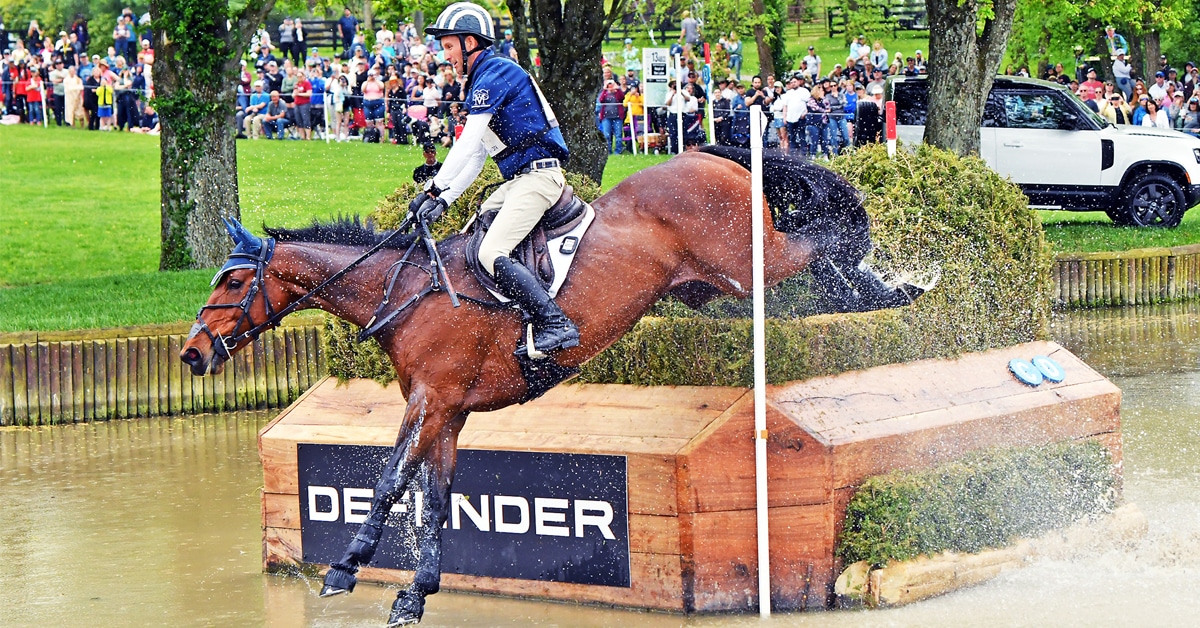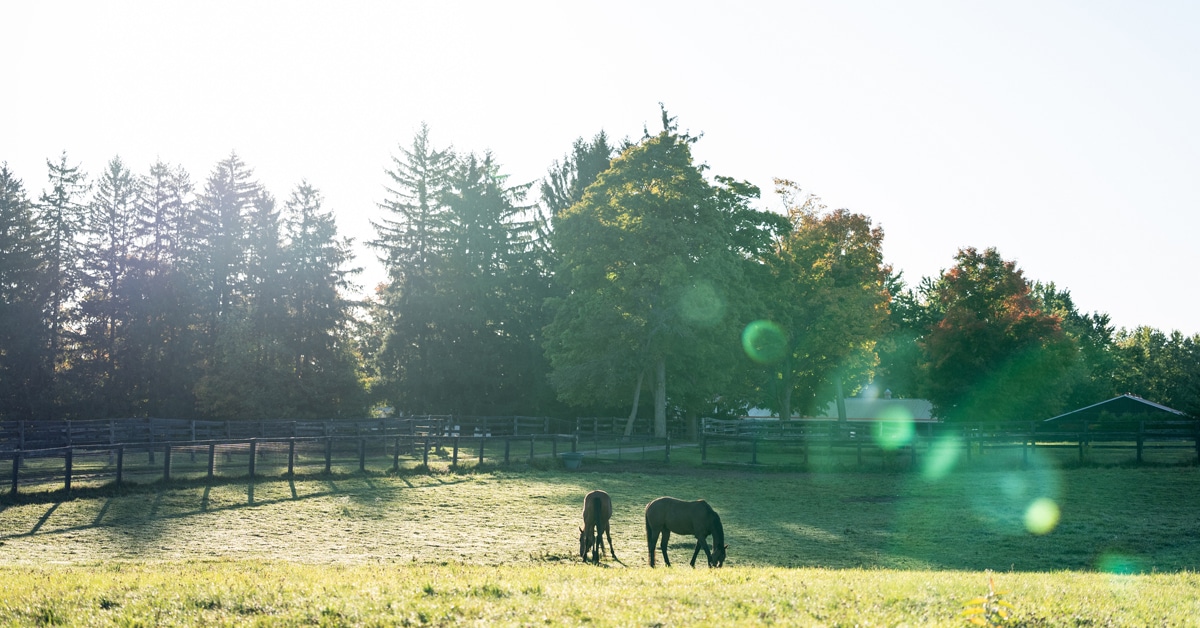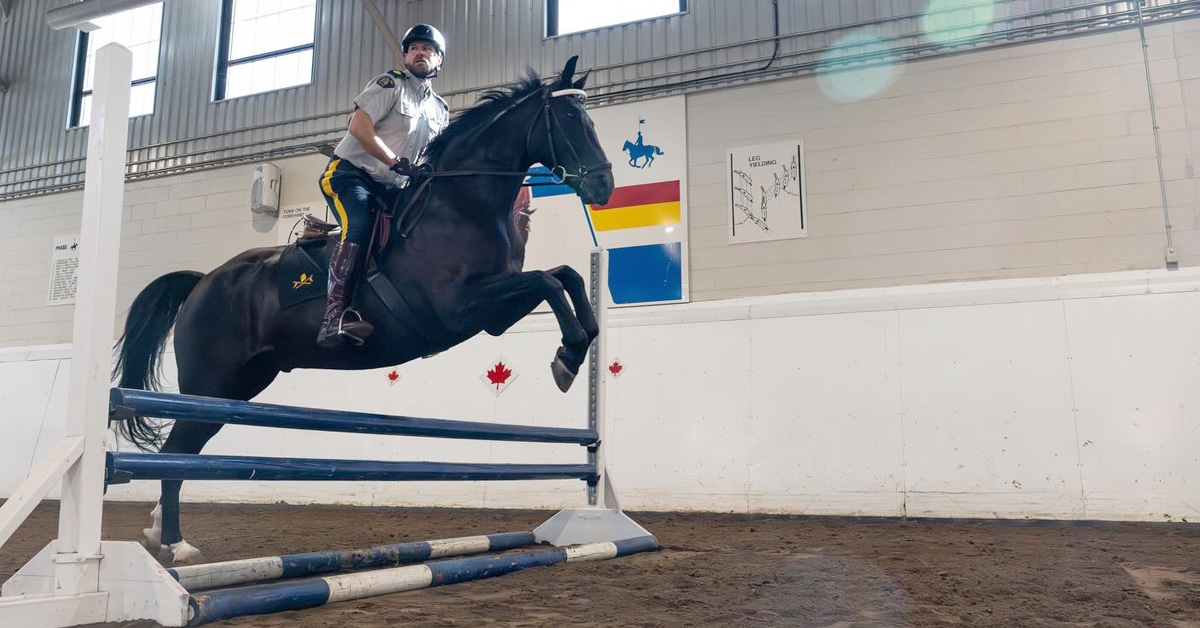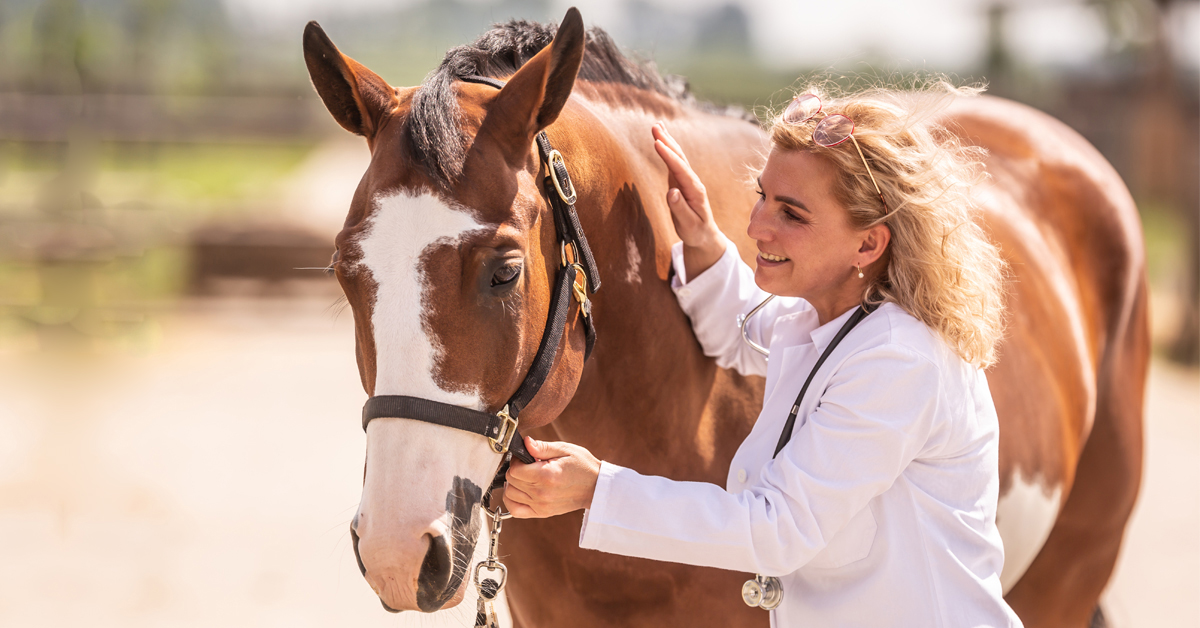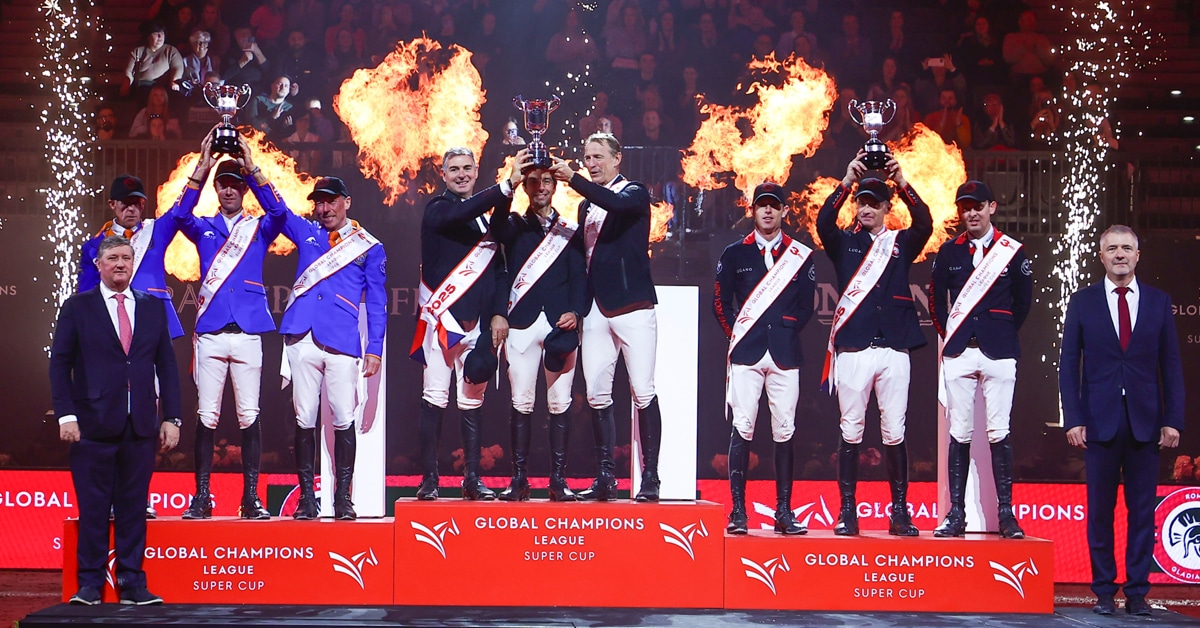A Member of the European Parliament has called on the European Union to protect sport horses by law, and also to ban double bridles and any other type of curb bit. The Danish Social Democrat Niels Fuglsang – also president of the EP’s Intergroup on the Welfare and Conservation of Animals – spoke out after another few weeks of torrid headlines about dressage in the mainstream Scandinavian press. He is not convinced the FEI will act decisively or fast enough over the escalating concerns about welfare.
Any state legislation would of course supercede sport rules and make long-accepted equitation practices illegal, forcing a drastic change to the way training and competition is carried out in the most powerful equestrian nations.
Firstly, in collaboration with two other MEPs representing other political parties, Fuglsang posed formal written questions to the European parliament. These conclude with a request to extend Directive 98/58/EC[5] to include sanctions for mistreatment of horses in sport. Currently, the directive covers horse welfare only in relation to farming.
Secondly, he gave an interview to the Danish newspaper Ekstrabladet, stating that doubles and curbs should be banned across all EU countries. He said: “The horses can show when they are feeling bad. But they can’t talk to us. Therefore, it is difficult for us to realize how much [the bits] hurt them. It is not something they have asked for; in my eyes, it seems unrealistic that [being ridden in a double bridle] is a pleasure for them.”
In December, Fuglsang convened a meeting with FEI president Ingmar de Vos and representatives of the European Equestrian Federation. Fuglsang says there was agreement that change was needed, but he is frustrated by the FEI approach of first seeking out more scientific evidence and creating another working group. (The new FEI dressage strategic planning group makes a presentation at the FEI sport forum next week.)
“I listened to their plans to improve animal welfare. But honestly, I’m not convinced they will do what it takes,” said Fuglsang.
“In Europe we have a widespread tradition of equestrianism, and we have some of the best riders in the world. Besides, the sport is huge when it comes to economy and prestige. However, many horses in the top sport suffer from the ambitions and pressure of the sport and the riders. We see scandals with too hard whips and kicks during training and other methods, which cause both physical and mental injuries to the horses.
“I have therefore asked the EU Commission if it is not time to look at minimum standards at European level, so that we can enforce and sanction when some use the horses incorrectly. There could be rules about what equipment to use and not use, there could be rules about education and about the criteria that judges judge by. I think this is needed.
“Mental and physical overload of horses during training and competition has to end. Sport must never compromise how the animals feel.”
Fuglsang’s meeting with the FEI and EEF was livestreamed. During the discussions, Ingmar de Vos said: “We all recognise that we want to see a difference. We want to see horses with natural movements. We are working on that and our judges will have to learn, because how did we get there? It’s because the judges wanted to see more and more spectacular things, which were not so good – I think – for the horse.” But De Vos cautioned that complaining [by activists] had become a “business” and that the FEI’s actions had to be “evidence-based.”
Fuglsang’s frustration has already been mirrored by politicians in Denmark, the Netherlands and Switzerland. The Danish ministry of agriculture is currently considering proposals from its animal ethics council, the initial stages of which we have previously reported here. The follow-up recommendations included a ban on hyperflexion as a training technique.
On January 28, the Dutch House of Representatives adopted a motion to “ban all animal-unfriendly aids and equipment.” Though ambiguously-worded at present, it will go out to consultation, though it is understood to seek the outlawing of whips, certain types of bit, tongue-ties and spurs.
In Switzerland, severe bits and metal or chain-lined nosebands became illegal on February 1. The vast majority are already prohibited under FEI sport and veterinary rules, but the listing refers to twisted bits, which are still allowable in FEI jumping, driving and eventing.
HorseSport.com asked the FEI for clarification in view of the upcoming World Cup finals in Switzerland at Basel. The Swiss wording refers to “sharp” edges on twisted bits. An FEI spokesman said: “As such, the existing FEI Veterinary Regulations and the respective discipline rules for Dressage, Jumping, and Vaulting rules are aligned with the spirit of the Swiss legislation, and we expect that there will be no impact on permitted tack at the FEI World Cup™ Finals in Basel.
“For Jumping, the FEI allows twisted bits only if they are smooth and rounded, which is precisely what the Ground Jury evaluates — ensuring there are no sharp or cutting edges.”
More News



